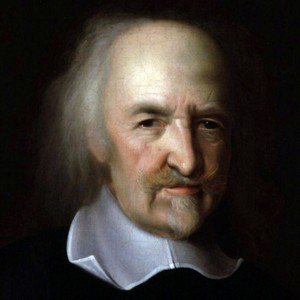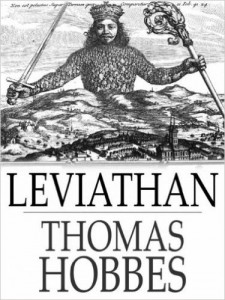Thomas Hobbes

Image courtesy of http://www.biography.com/people/thomas-hobbes-9340461
Thomas Hobbes was an English philosopher of the late 16th and early 17th centuries. He is famously know for his book Leviathan, written in 1651. In it he argued that in a state of nature human beings would be living in a state of constant competitiveness and violence. To Hobbes, cultural institutions such as political stratification served to keep people in check and control their violent nature. His arguments were useful for legitimating monarchies in a time period where “divinity” was no longer enough. The link below provides some more detailed information about Hobbes and his views.
Hobbes’s view that people must be kept in control by an overarching power is echoed in the ecological views of people like Garrett Hardin, who claimed that people, when left to their own devices, will usually over-exploit their environment. Here (see #3) is an abstract of Berkes et al.’s critical response to Hardin’s concept.
